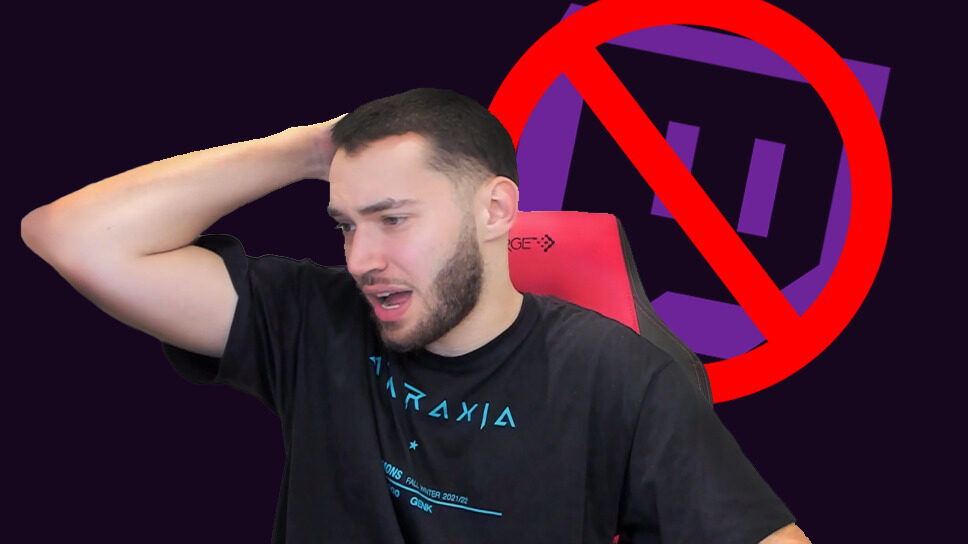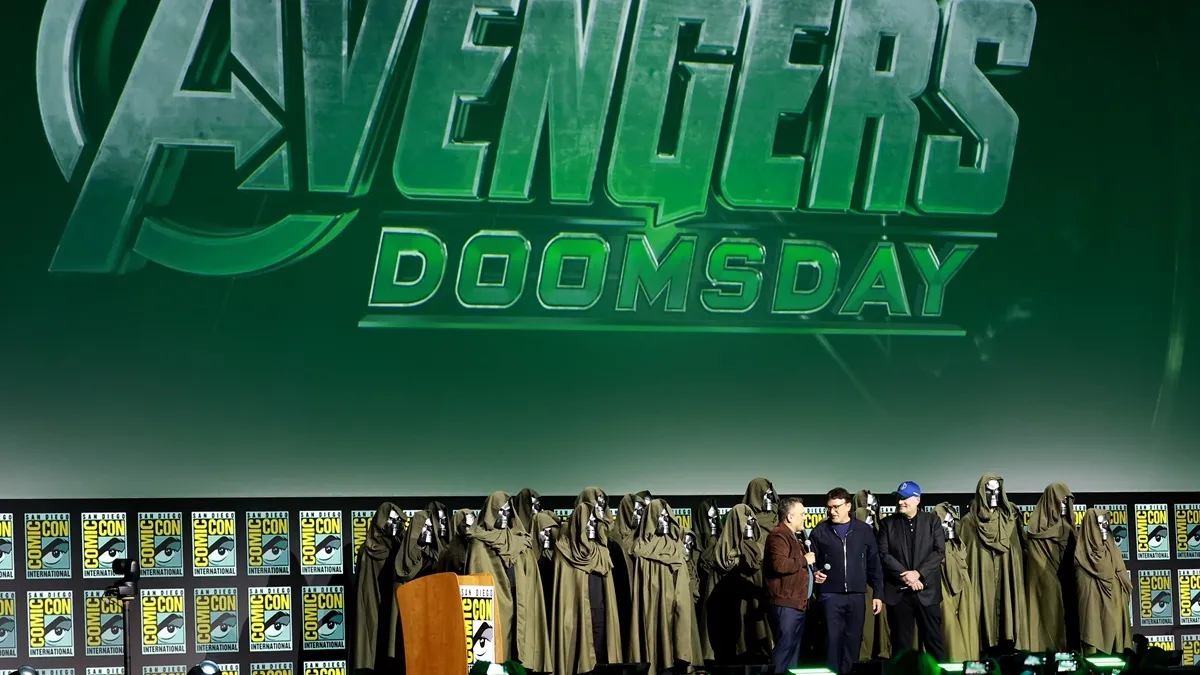Adin Ross is permanently banned on Twitch, streamers react

Just wanted to let you all know I originally wrote this back in 2023. Since then, a lot’s happened! I’ve updated it with the news about Ross finally getting unbanned and what he’s been up to more recently, as of 2026. So, this is the most current version!
